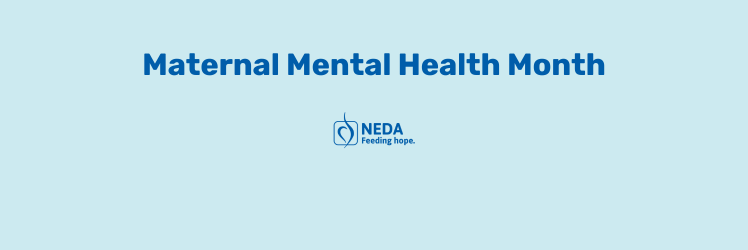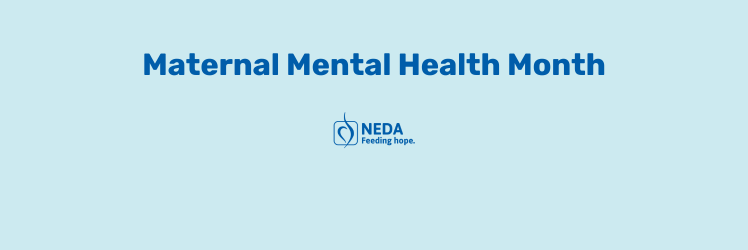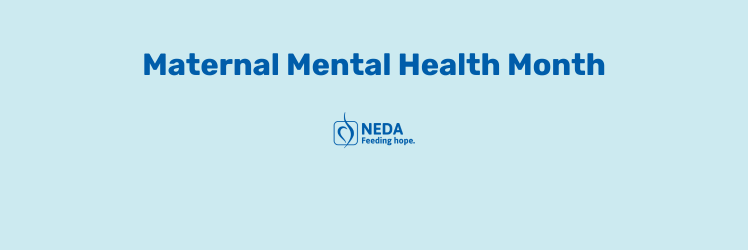Eating Disorders & Pregnancy: What’s the Relationship?
The relationship between eating disorders and pregnancy is complicated. Women with eating disorders are more likely to struggle with infertility and are at an increased risk for pregnancy complications, such as preterm birth, low birth weight, birth defects, and even miscarriage. At the same time, pregnancy can be a trigger for eating disorders in women who are vulnerable to developing them.
Due to the complex nature of this relationship, it’s important for women with eating disorders to be extra careful during pregnancy. They should seek professional help and support, and make sure to eat a balanced and nutritious diet.
Do Eating Disorders Affect Fertility?
While the relationship is unclear, research indicates that women with anorexia nervosa or bulimia nervosa are less likely to become pregnant than women without an eating disorder (Hoffman, Zerwas, & Bulik, 2011). It is also estimated that women with an eating disorder require more attempts to become pregnant than those without an eating disorder (James, 2001). Literature suggests that this risk is due to the effect that an eating disorder has on hormones, as well as the changes in body weight associated with an eating disorder (James, 2001).
It is important to note, however, that research also suggests that these effects are reversible with appropriate treatment. For instance, a meta-analysis on fertility and reproduction after recovery from anorexia nervosa (Chaer, et at., 2020) found that when anorexia was properly treated, fertility, pregnancy, and childbirth rates resumed normal functioning.
How Pregnancy Complicates Eating Disorders
All this being said, actually becoming pregnant can be triggering for many women, as they struggle with their intense fears of gaining weight while also desperately wanting to provide nourishment while the fetus is developing. This, coupled with new physical and emotional stressors, exacerbate this tendency to want to control with food.
Social media can be a further trigger, as we are often shown tiny bodies with cute bellies, which is far from the reality that most expecting mothers face. For instance, a study examining the effects of social media portrayals of pregnant women (University of Illinois at Urbana-Champaign, 2017) found that 46 percent reported negative emotions such as self-consciousness, frustration, hopelessness, and depression.
How to Get Help
If you are struggling with an eating disorder and also pregnant or trying to get pregnant, it is important to get help. Help comes in many forms, but when seeking therapy, it is best to find a therapist that specializes in eating disorders that is also knowledgeable about pregnancy. If you are considering medication, you may be surprised to know that there are also some psychiatrists who specialize in pregnancy and can help you navigate finding medications that are compatible with pregnancy.
Lastly, it is important to realize that this can be a complicated time and you are not alone. There are many support groups for pregnancy, infertility, and eating disorders and finding the right network can make all of the difference.
References:
- Hoffman ER, Zerwas SC, & Bulik CM. (2011) Reproductive issues in anorexia nervosa. Expert Rev Obstet Gynecol.6:403–14. 10.1586/eog.11.31
- James, Dotti C. PhD, RN. (2001) Eating Disorders, Fertility, and Pregnancy: Relationships and Complications. The Journal of Perinatal & Neonatal Nursing 15(2):p 36-48
- Chaer R, Nakouzi N, Itani L, Tannir H, Kreidieh D, El Masri D, El Ghoch M. (2020) Fertility and Reproduction after Recovery from Anorexia Nervosa: A Systematic Review and Meta-Analysis of Long-Term Follow-Up Studies. Diseases. 8(4):46.
- University of Illinois at Urbana-Champaign (2017). “Media portrayals of pregnant women, new moms unrealistic.” ScienceDaily. ScienceDaily, 7 August 2017.
For more information on pregnancy and eating disorders please visit https://www.nationaleatingdisorders.org/pregnancy-and-eating-disorders.
Dr. Sera Lavelle founded NY Health Hypnosis in 2007 as a way to integrate hypnosis into traditional therapy and promote healing for those struggling with eating disorders, anxiety, depression, phobia and other issues where people feel blocked. Dr. Lavelle is a member of the American Society of Clinical Hypnosis (ASCH) and the Society of Psychological Hypnosis (APA division 30), which both promote the ethical use of hypnosis in terms of the exchange of scientific information, advancing appropriate teaching and research, and developing high standards for the practice of hypnosis. She is devoted to ongoing learning and regularly attends lectures and training in psychology and hypnosis in order to be the most up-to-date in research, techniques so that she can promote the best practices in psychology and hypnosis.






